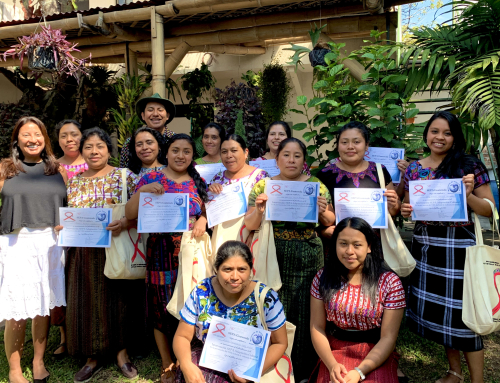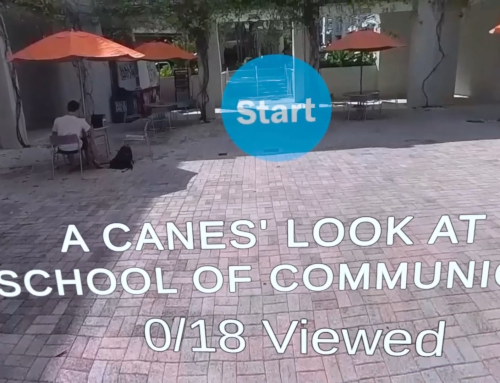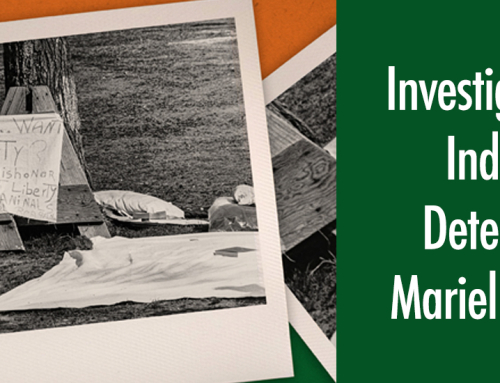Project Description
Serious games have significant potential to impact health beliefs and attitudes because players can test out new ideologies within a game, without the high risk associated with doing so in a real-world scenario. As a result of a dearth of evidence that addresses the potential of games for advocacy in health and human rights, humanitarian organizations may be hesitant to use and promote games as advocacy tools. This study aims to contribute qualitative evidence of games as a viable communication platform for advocacy in health and human rights. To do this, the research team used one game (Cops and Rubbers) about one human rights and health issue (the condoms as evidence practice) and one target audience (human rights advocates in Cape Town, South Africa) to illustrate the potential of games in this sphere.
In countries around the world — including South Africa — police carry out legal and illegal searches of sex workers and confiscate or destroy condoms found in their possession. Cops and Rubbers is both a game and an interactive demonstration of this international policing practice. 56 human rights advocates in South Africa participated in the focus groups, which were designed utilizing control and treatment groups. The control groups received Open Society Foundations (OSF)’s Criminalizing Condoms report, which represents a standard method of advocacy, while the treatment group received the Cops and Rubbers game, which was meant to represent a creative, non-traditional tool of advocacy. Researchers used a constant comparison analytical method to develop emergent themes from the transcribed audio recording of each focus group.
In assessing perception of games as creative tools for advocacy, participants shared their thoughts on standard methods of advocacy for their given context. These included: community-based outreach (workshops, spaces, and clubs), public demonstrations and protests, media, collaboration and referencing, helplines, theater, and games. In evaluating Cops and Rubbers as a creative advocacy tool, the game emerged as particularly useful in breaking barriers related to stigma and discrimination. Multiple participants in the focus groups felt that the game would be most beneficial in impacting those who have little to no experience or no understanding of the challenges of sex workers. Although quantitative findings between the report and the game groups comparing game versus report experience were largely ambiguous, participants were generally more expressive in describing emotions elicited by the game. They expressed a range of emotions after playing, including sympathy, empathy, awkwardness, hope, sadness, disappointment, and frustration.
General recommendations moving forward include tailoring the game (translation to different languages) and using the game to complement other standard advocacy methods. In addition, an important next step would be to further test the game directly with those it is designed to reach: policy makers.
Although standard advocacy tools remain useful for their potential benefits, this evaluation pointed to games as having more potential in changing perceptions, attitudes, and beliefs of persons who were not previously familiar with the topic being advocated.
About the study
In March 2016, Professor Lien Tran and PhD student Soroya McFarlane traveled to Cape Town, South Africa, to conduct a qualitative research study on the use of creative methods of advocacy. Tran and McFarlane facilitated 9 focus groups with over 50 South African advocacy leaders, representing more than 15 human rights and health organizations.
Participants of the study either played Cops and Rubbers (a tabletop game designed by Professor Tran for Open Society Foundations [OSF]) or read OSF’s Criminalizing Condoms report. Both the report and game address the adverse effect the practice of using condoms as evidence of prostitution has on sex workers’ health and human rights. Participants discussed the benefits and barriers of the game and the report within the context of standard methods of advocacy.
In addition to participating in the focus groups, the local advocacy and outreach leaders were invited to attend a training session, led by Tran, on using Cops and Rubbers as an awareness and advocacy tool to support the decriminalization of condoms. More than 20 of the representatives opted to be trained as Cops and Rubbers game facilitators for use in their community outreach around Cape Town. The Sex Worker Education & Advocacy Task Force (SWEAT), South Africa’s leading sex worker human rights organization and an OSF partner, will also use the game within their human rights zone at the 2016 International AIDS Conference in Durban, South Africa, in July 2016.
The research study and game facilitation training were funded by OSF and made possible in collaboration with SWEAT. Special thanks to Dr. Susan Morgan for her contributions as evaluation consultant.






